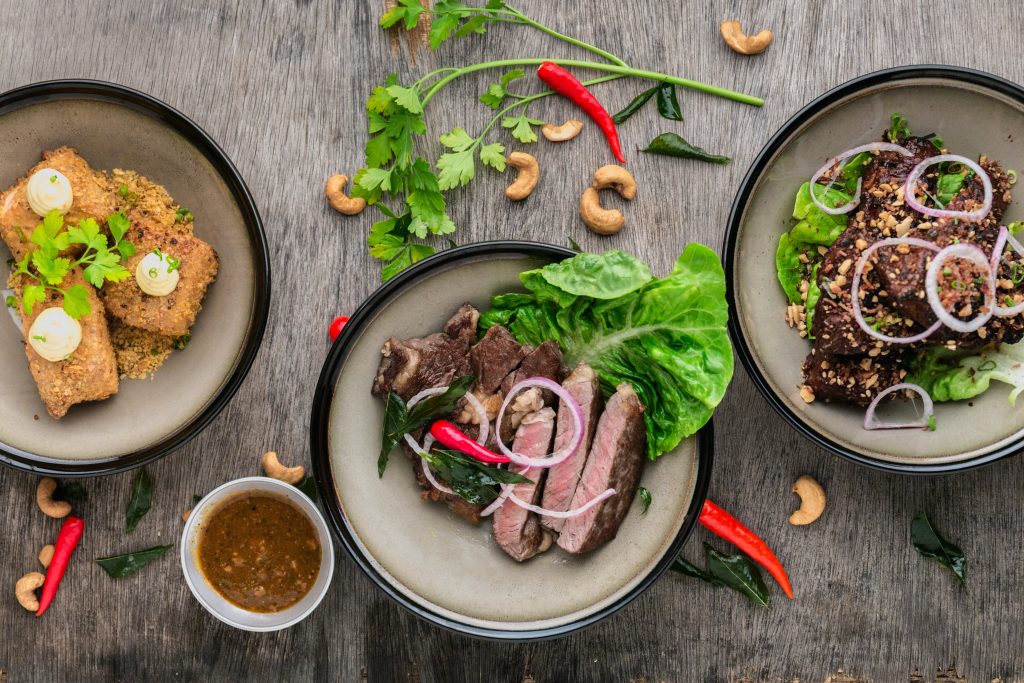UNAIR NEWS – The holy month of Ramadan is the right moment to organize your dietary pattern. But for some people, starting a good dietary pattern will be easier than maintaining it. It is challenging to be continued after Ramadan. Therefore, tips to maintain a post-Ramadan diet are needed.
Quoted from the lecturer of the Faculty of Public Health (FKM) Universitas Airlangga (UNAIR), Lailatul Muniroh SKM M Kes, Ramadan is a moment to adjust diet and lifestyle. As Ramadan ends, transitional steps can be made gradually to maintain a good diet. Some of them are:
Don’t miss breakfast
The Nutrition and Productivity course lecturer emphasized the importance of having breakfast before starting daily activities. She continued that breakfast can cause fullness for a longer time to avoid overeating. Furthermore, she recommends that breakfast contain sufficient carbohydrates, protein, fat, and fiber.
Limit high-calorie snacks
“During Eid there are so many snacks, cakes that are high in calories. It’s not forbidden, but we should limit the consumption of snacks /cakes that are served,” said Laili.
She explained that it would be better to increase the consumption of snacks/foods that are low in calories but rich in fiber, such as vegetables and fruits. Laili’s recommendations include melons, watermelons, papayas, and oranges because they contain a low glycemic index, and have lots of water and fiber.

Adjusting meal portions with balanced nutrition
“In principle, balanced nutrition is actually the same, with sufficient composition and portions,” said Laili.
The lecturer, who has published dozens of international health journals, suggests eating small portions so that the calories consumed are not excessive. In addition, she also recommends the consumed food contain complex carbohydrates, animal and vegetable protein, good fats, vitamins, minerals, fiber, and water.
Drink more water
According to her, drinking water can improve digestion and get rid of all food waste and fat properly. “Drink lots of water, at least 8 glasses a day or about 2 liters,” said the alumni of the UNAIR Faculty of Public Health.
Do exercise regularly
Finally, Laili also said that it is not only food that needs to be considered but exercise as well. According to her, the types of sports that can be practiced may vary according to interests, as long as they are done consistently and with sufficient time.
Author: Alfiyya Rahmah
Editor: Khefti Al Mawalia









